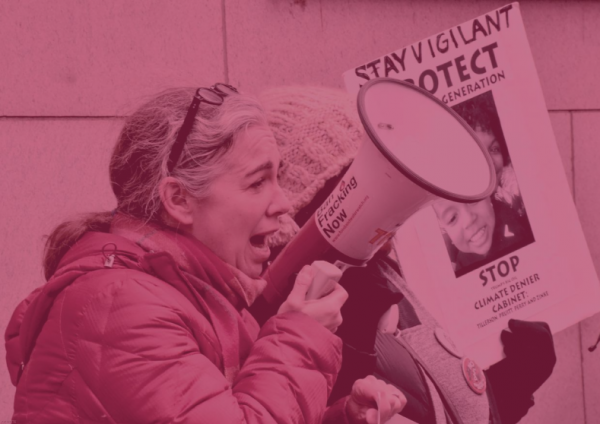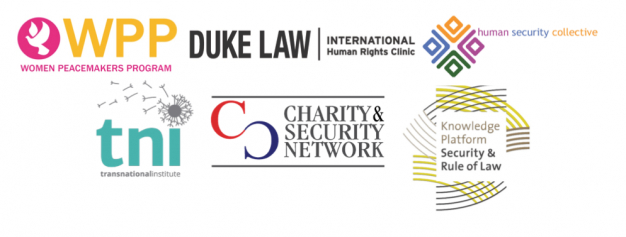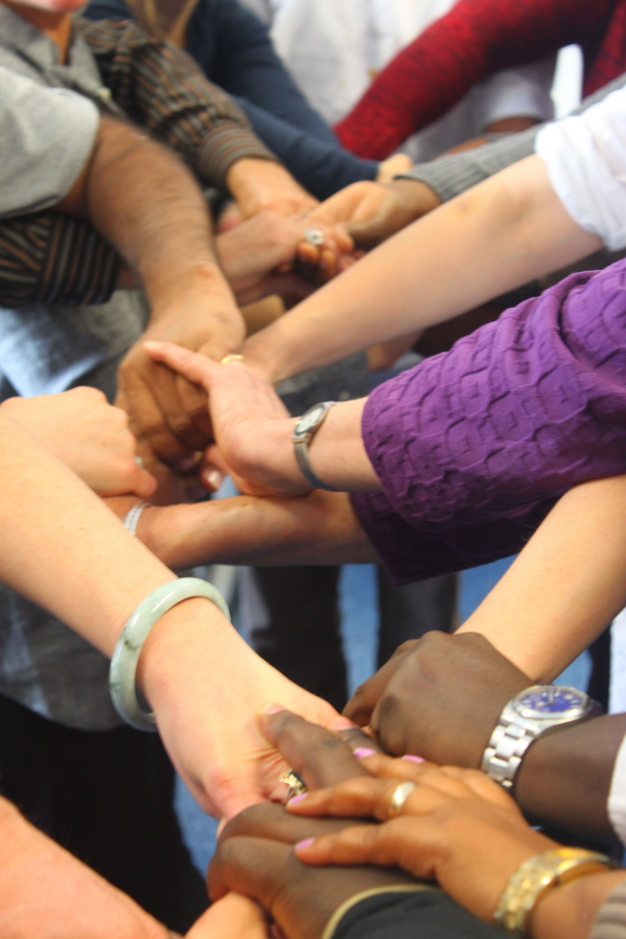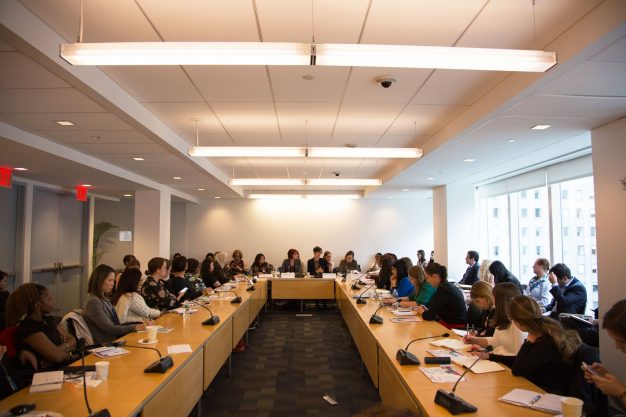Across the world, in both democratic and non-democratic states, many activists and social justice organizations face an increasingly repressive and securitized environment as well as unprecedented attacks on their legitimacy and security. From the attempts to suppress Black Lives Matter to the assassination of Berta Cáceres, the criminalization of the Boycott, Divestment, Sanctions (BDS) movement to the micro-tyranny of Bangladesh’s new Voluntary Activities Regulation Act, individual and collective activism is facing a global pushback from states, corporations and the Far Right.
 The current emergency has been a long time in the making. But only recently has it galvanized a concerted response by organized ‘civil society’, which is now mobilizing to understand and counter what is termed ‘shrinking space,’ a metaphor that has been widely embraced as a way of describing a new generation of restrictions on political struggle. The concept of space itself has different definitions depending on who you talk to. Some understand it as limited to space to influence policy (a seat at the table) while others understand its meaning as political space to organize, to operate, to have a legitimate voice, to protest and to dissent. The former tends to depoliticize contestations while the latter is empowering them. These distinctions concerning how ‘space’ is conceived will shape the type of response warranted, with important implications for who engages in that space and how.
The current emergency has been a long time in the making. But only recently has it galvanized a concerted response by organized ‘civil society’, which is now mobilizing to understand and counter what is termed ‘shrinking space,’ a metaphor that has been widely embraced as a way of describing a new generation of restrictions on political struggle. The concept of space itself has different definitions depending on who you talk to. Some understand it as limited to space to influence policy (a seat at the table) while others understand its meaning as political space to organize, to operate, to have a legitimate voice, to protest and to dissent. The former tends to depoliticize contestations while the latter is empowering them. These distinctions concerning how ‘space’ is conceived will shape the type of response warranted, with important implications for who engages in that space and how.
This paper by the Transnational Institute (TNI), with contributions from the Women Peacemakers Program, among others, attempts to deconstruct the ‘shrinking space’ narrative by explaining what it means and unpacks some of the problems inherent in the concept. It also considers who is most affected by ‘shrinking space’, and why; where the trend is headed; how it relates to the other dominant paradigms of the 21st century; and how progressive social movements may respond.
12 Dec '17 Today, we are pleased to share with you the Conference Report “Financial Inclusion for Freedom and Security” by the Women Peacemakers Program, Duke Law International Human Rights Clinic, Human Security Collective, Transnational Institute, the Charity & Security Network, in cooperation with the Knowledge Platform Security and Rule of Law.

7 Dec '17 Today, on the 13th day of the 16 Days of Activism Against Gender Violence Campaign, we bring you the sad news that from 15 December onwards, the Women Peacemakers Program (WPP) will have to close its doors. We would like to ask for your time to read what has driven us to make this decision.

7 Nov '17 On Thursday, 26 October 2017, a side event entitled, “Pulling the Rug from Under Our Feet: What is the UNSCR 1325 Without Civil Society Freedoms?” was hosted on the margins of the 17th anniversary of United Nations Security Council Resolution (UNSCR) 1325. The event was hosted by the Women Peacemakers Program (WPP) and the Dutch Mission, in collaboration with Duke Law’s International Human Rights Clinic, Al-Hayat Center for Civil Society Development, Arab Women Organisation of Jordan, NOVACT, Free Sight Association, Iraqi Al-Amal Association, Women Empowerment Organisation, NGO Working Group on Women, Peace and Security and Women’s International League for Peace and Freedom. This article briefly looks at the main issues discussed during the event.
